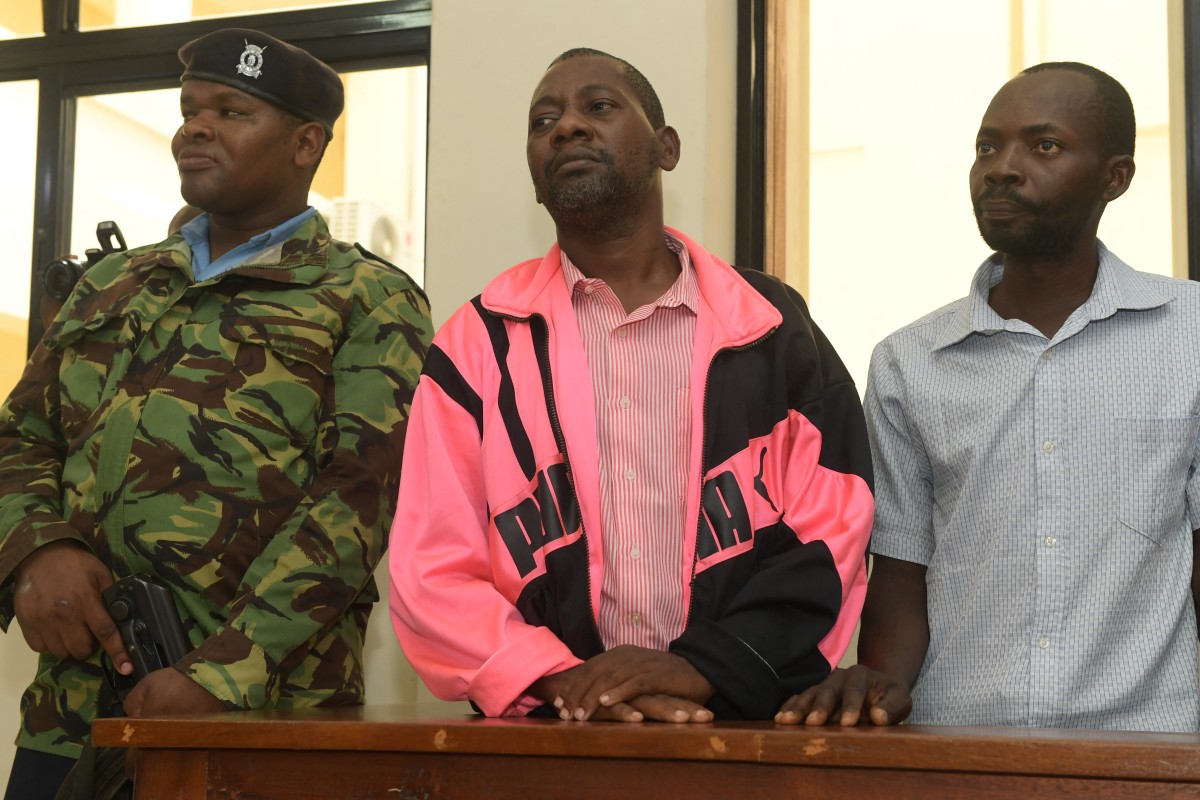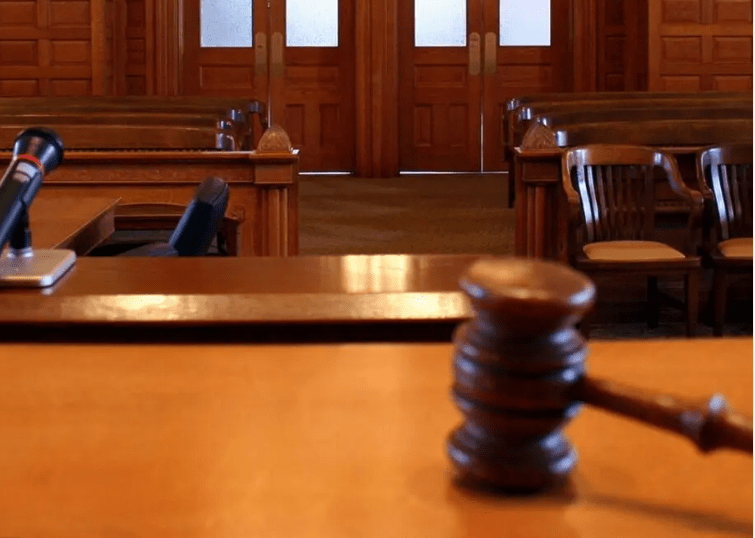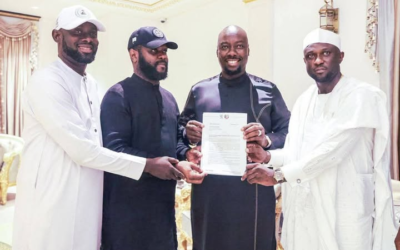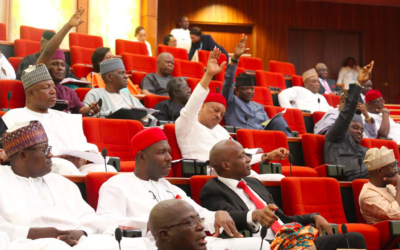
Leader of Kenyan Cult Faces Trial for Allegedly Killing 200 Followers

A Kenyan court levied charges on Tuesday against the leader of a cult implicated in starvation deaths, along with dozens of suspected associates, for the deaths of nearly 200 individuals in a forest near the Indian Ocean.
Paul Mackenzie, a self-proclaimed pastor already facing charges of terrorism, manslaughter, child torture, and cruelty, stands accused of coercing his followers to starve to death to “meet Jesus.”.

Mackenzie and 29 co-defendants pleaded not guilty to 191 counts of murder, as per court records reviewed by AFP. Another individual deemed mentally unfit for trial was ordered to return to the Malindi High Court in a month.
Maintaining innocence, the cult leader denies all charges brought against him. He was apprehended last April following the discovery of bodies in Shakahola forest, a revelation that shocked the global community.
READ ALSO: Bola Ahmed Tinubu Has Made Nigeria, Africa Laughing Stock—Aisha Yesufu
Autopsies revealed hunger as the primary cause of death for most of the 429 victims, though some, including children, showed signs of strangulation, beating, or suffocation.
Dubbed the “Shakahola forest massacre”, the case prompted the government to advocate for stricter oversight of fringe religious groups. Kenya, predominantly Christian, struggles to regulate dubious churches and cults involved in criminal activities.
Court records depict Mackenzie’s Good News International Ministries as an “organized criminal group” responsible for the deaths of numerous followers.
Questions linger regarding Mackenzie’s evasion of law enforcement despite prior extremism and legal entanglements.
A Senate Commission of Inquiry disclosed in October his history of radical preaching and previous legal skirmishes, including acquittal on charges of radicalization in 2017 and allegations in 2019 linked to the deaths of two children.
Despite government efforts, regulating Kenya’s 4,000 registered churches remains contentious, with critics viewing such measures as encroachments on constitutional guarantees separating church and state.








